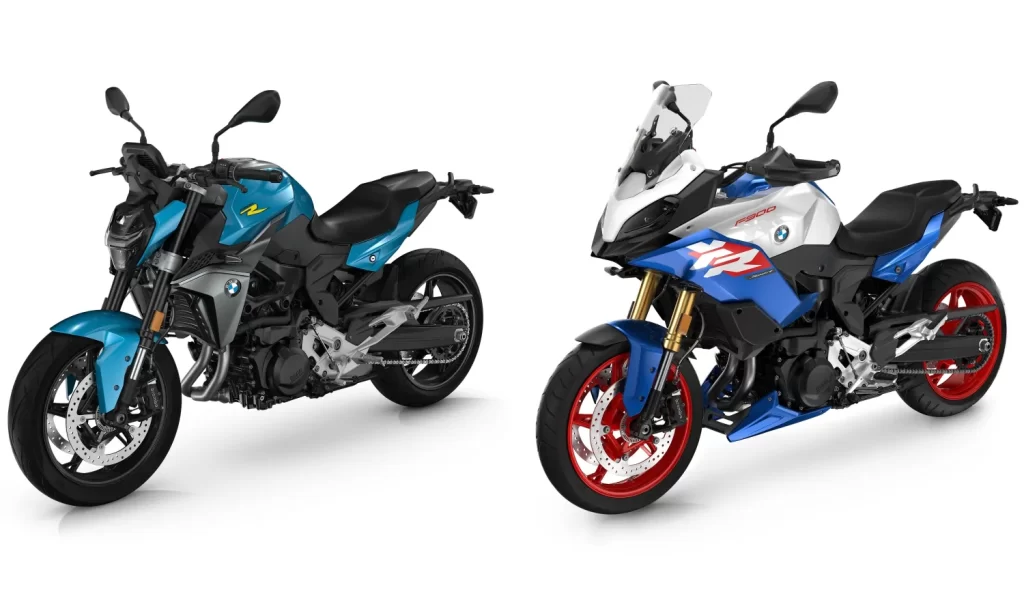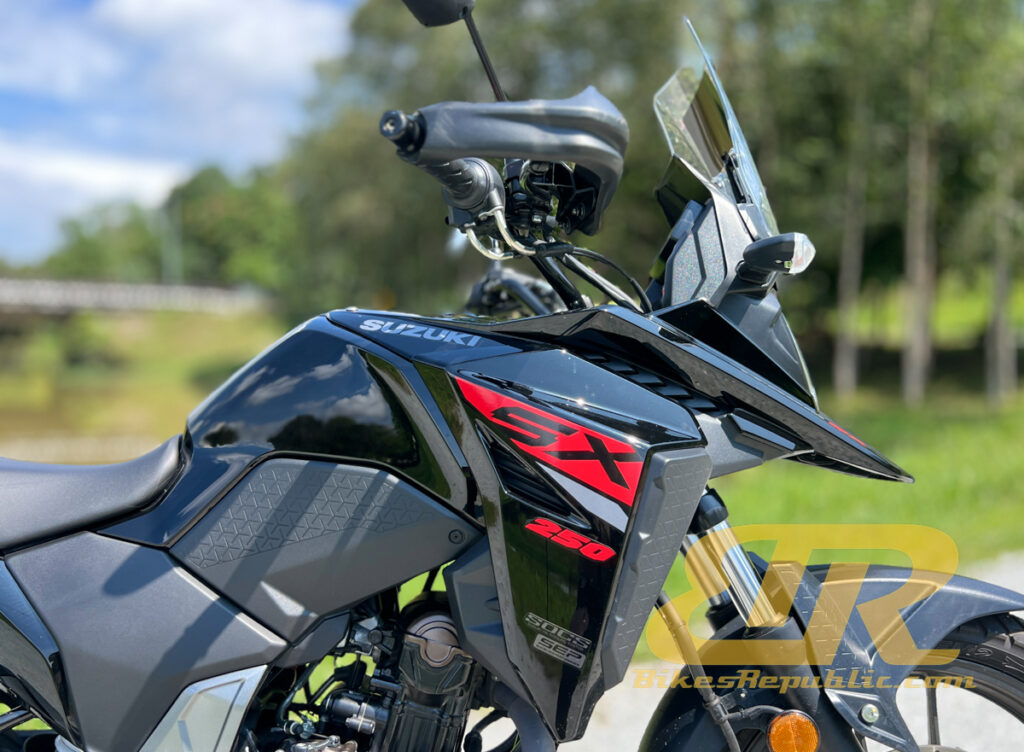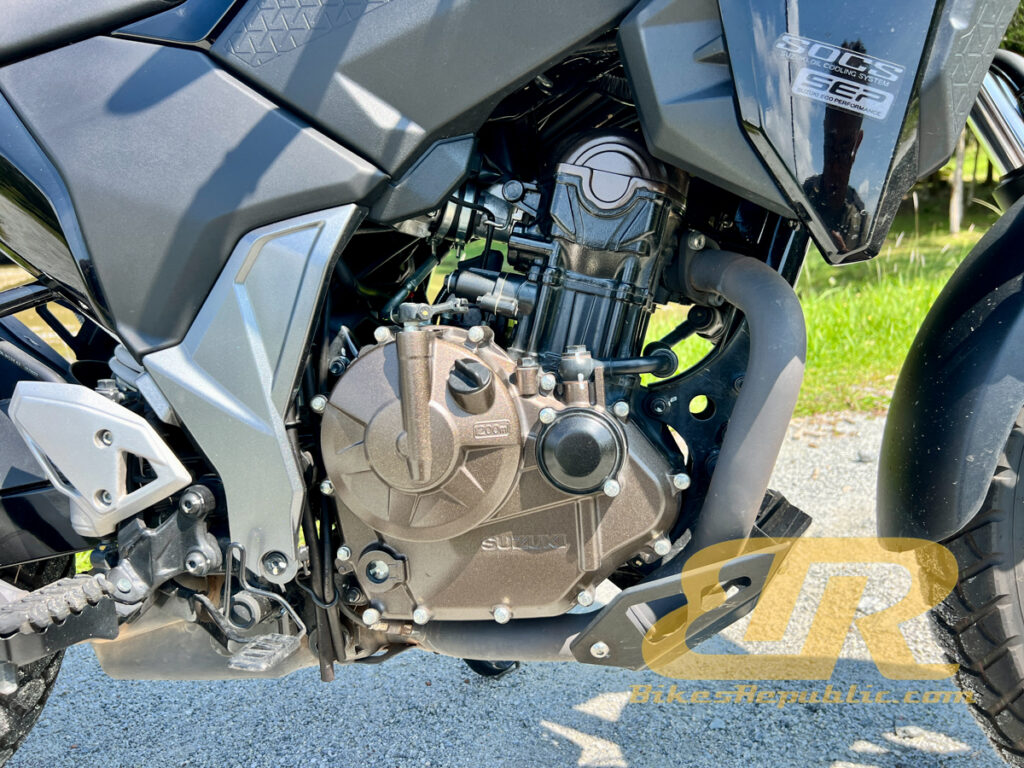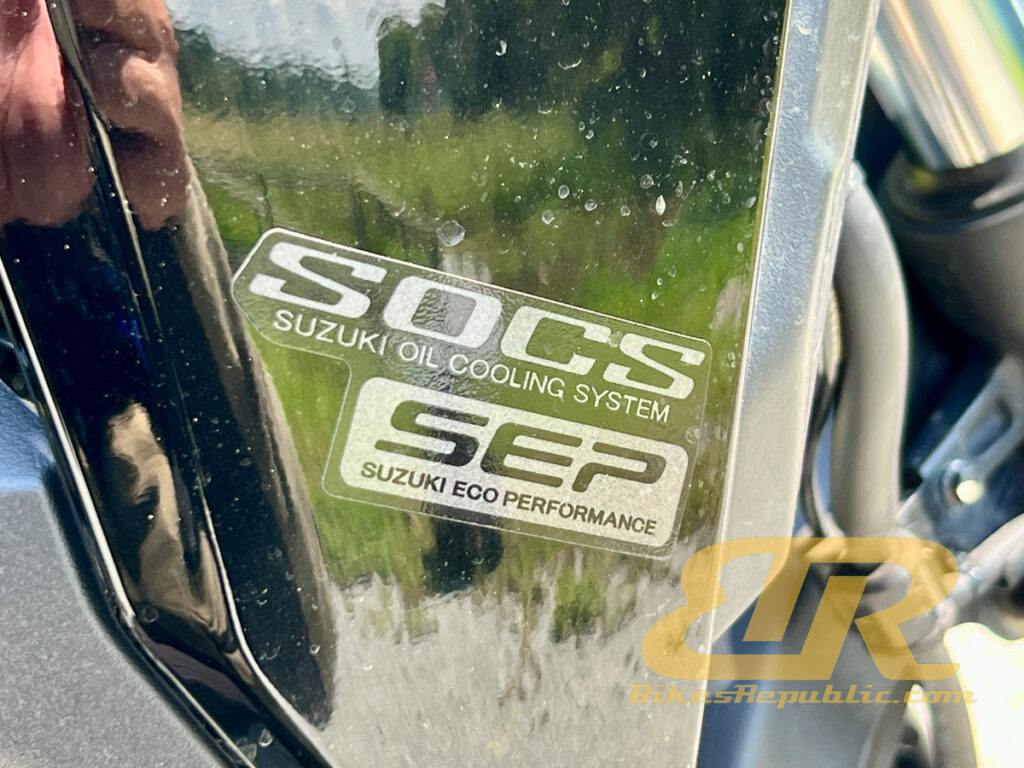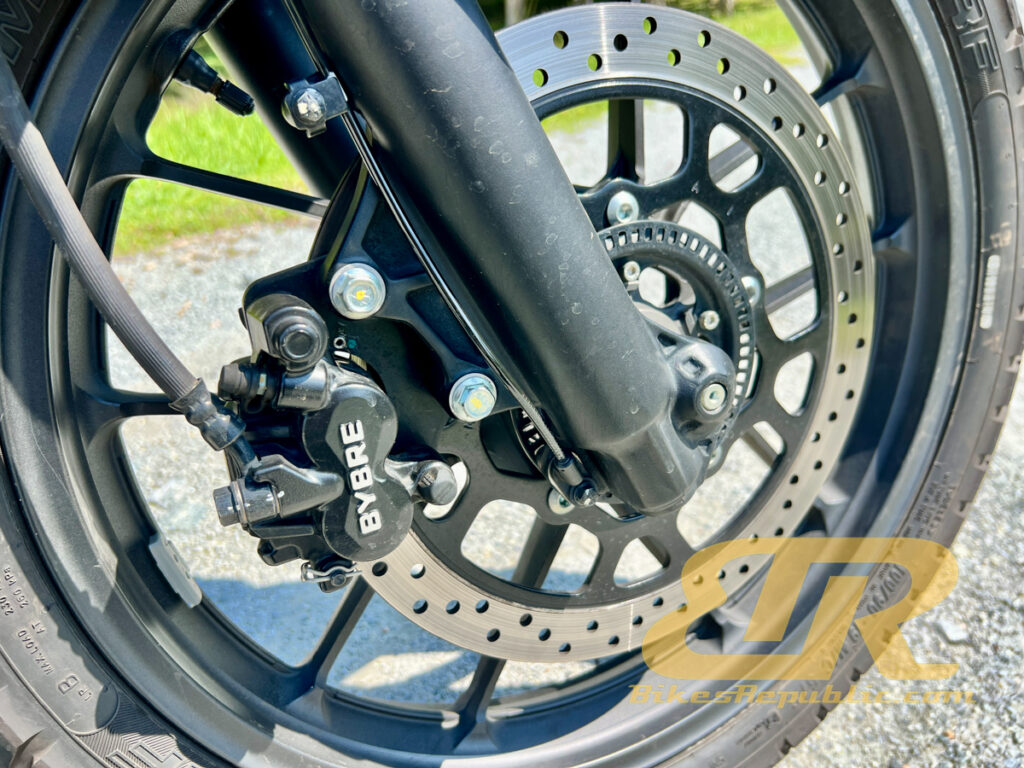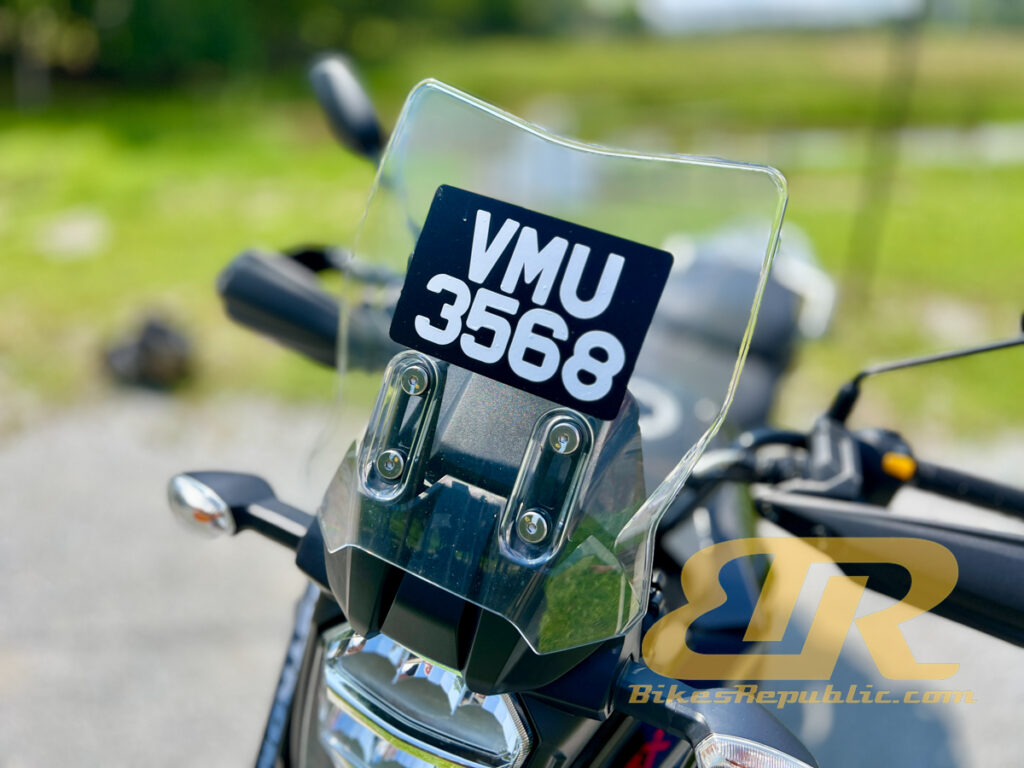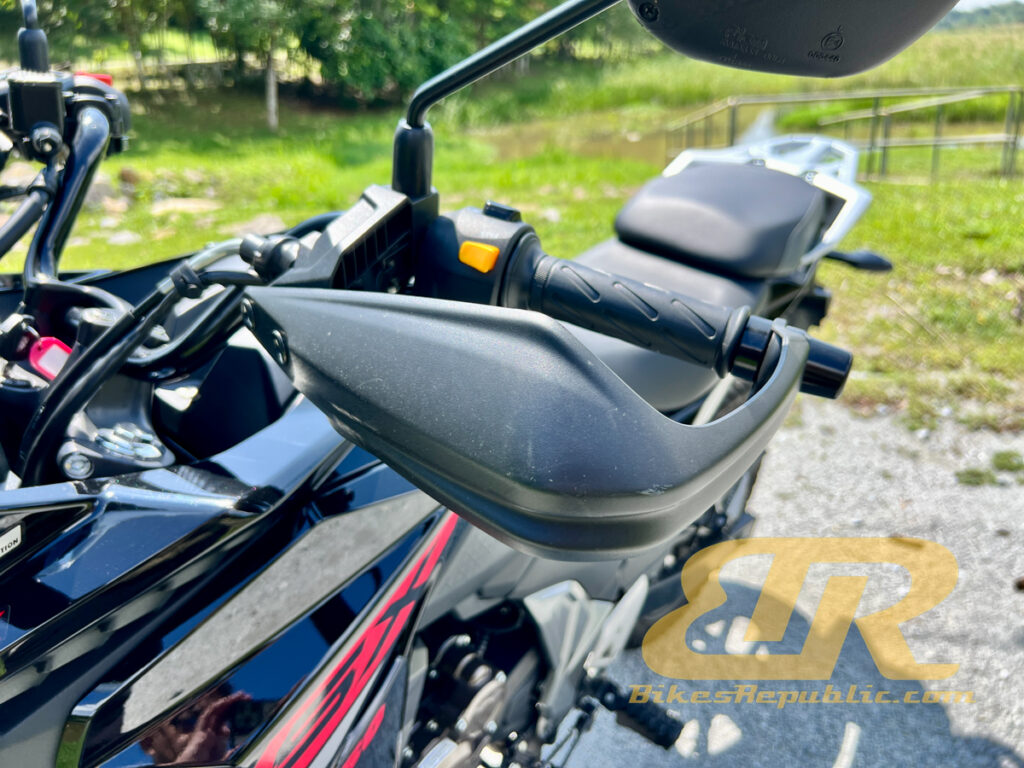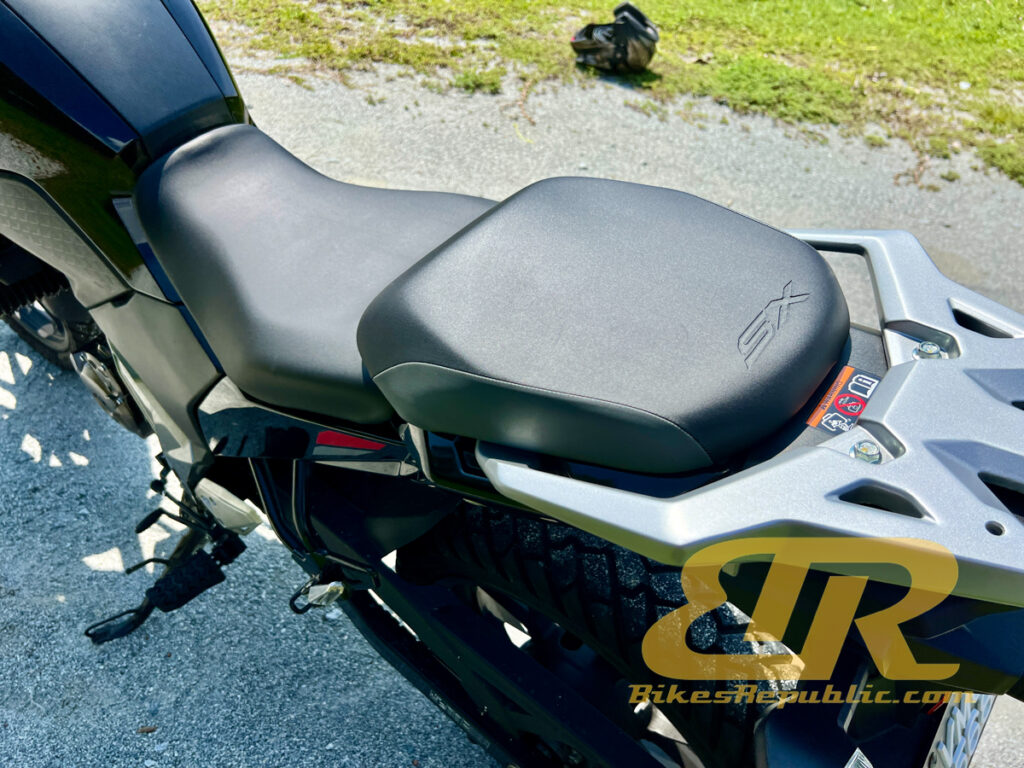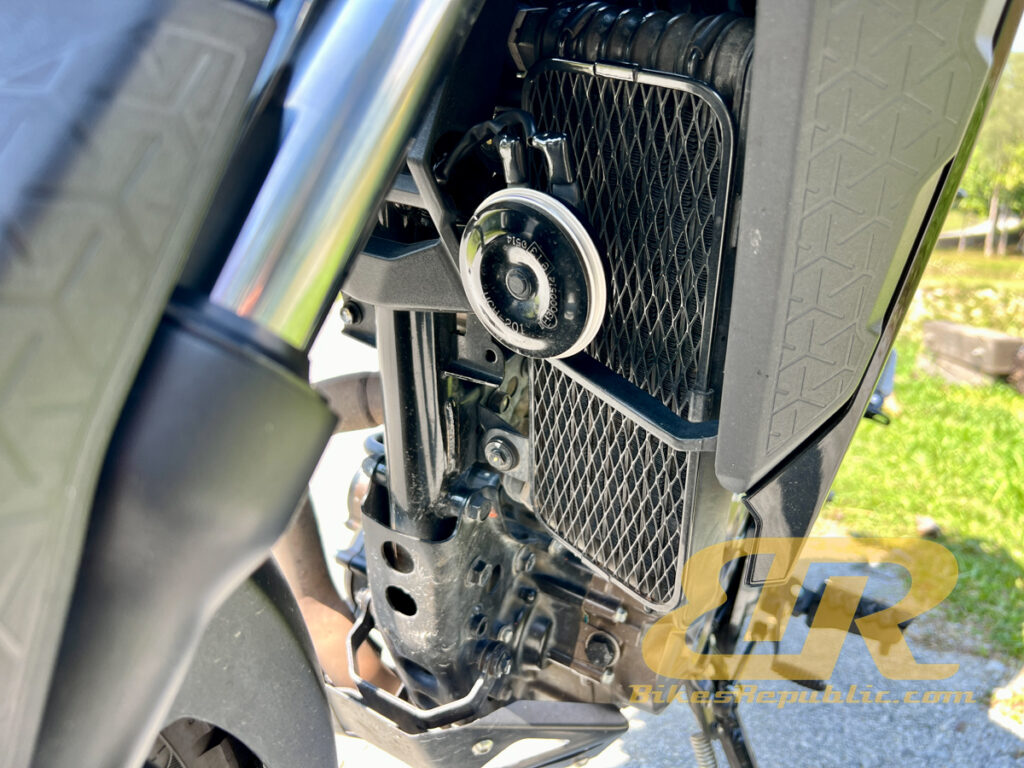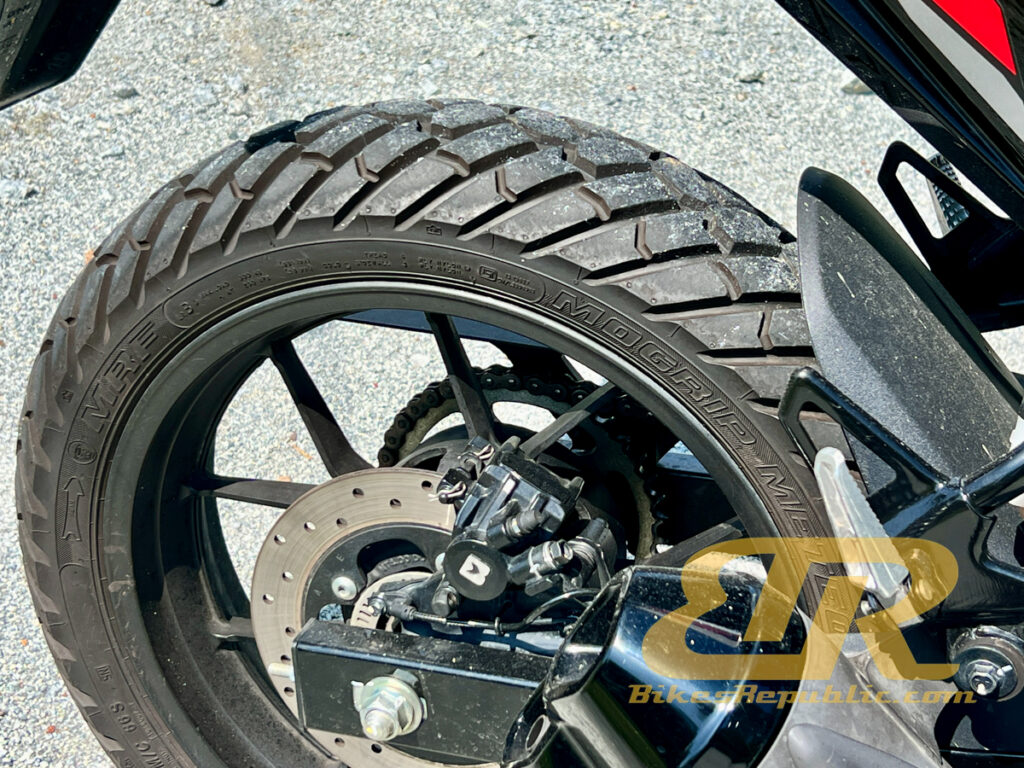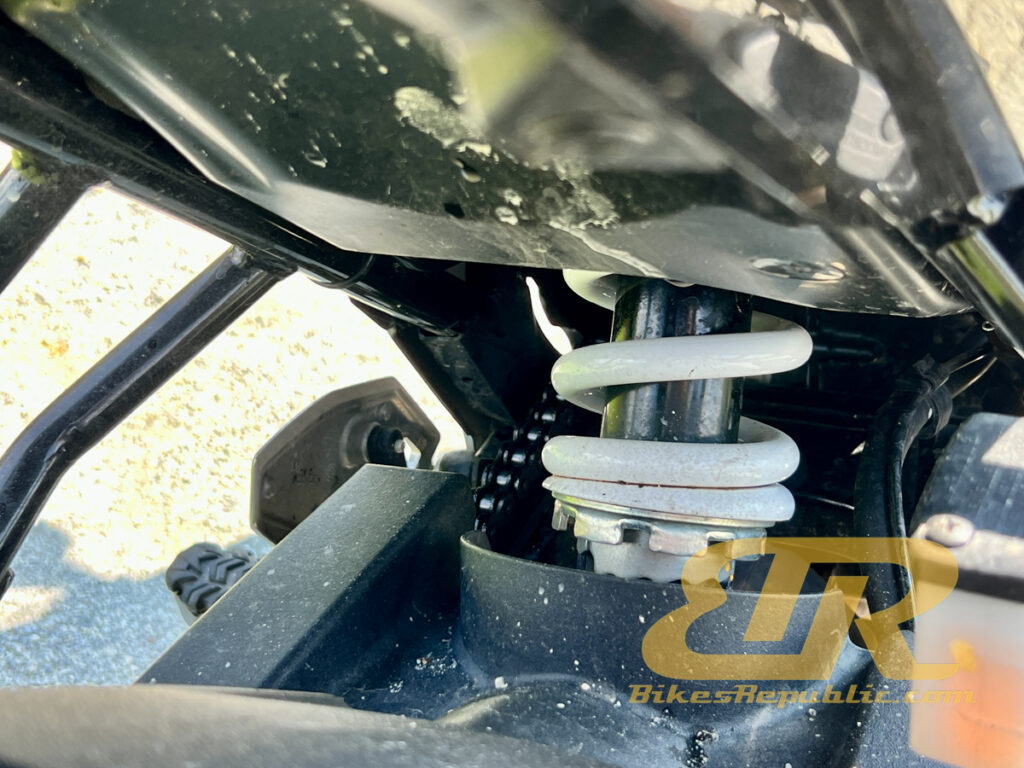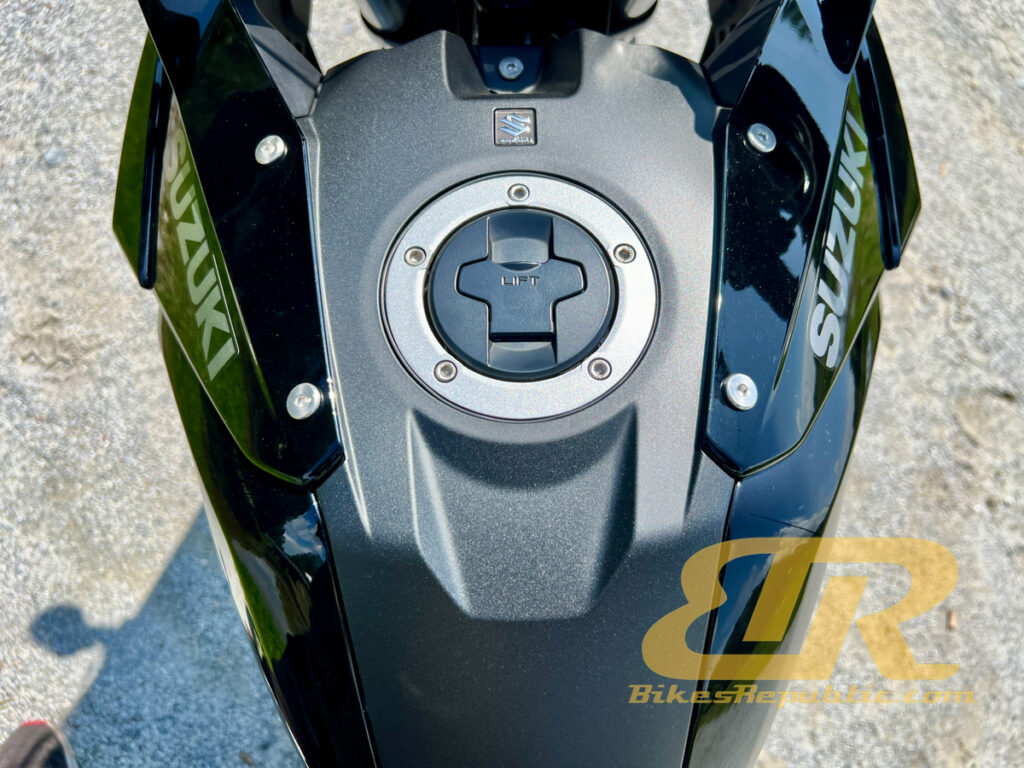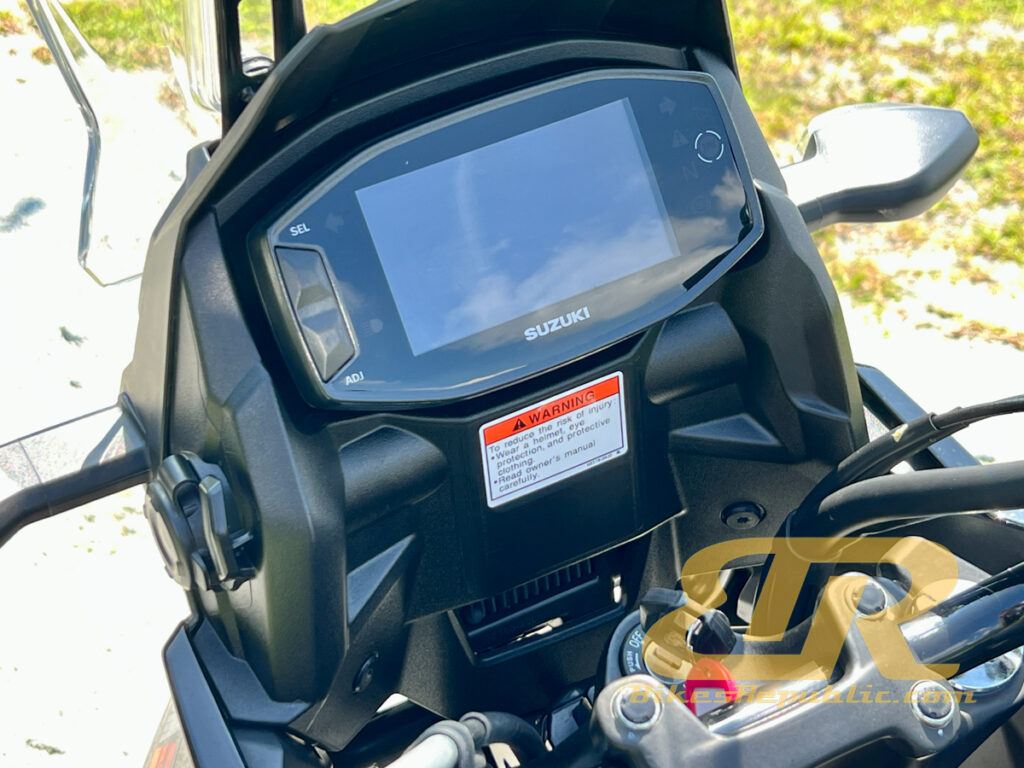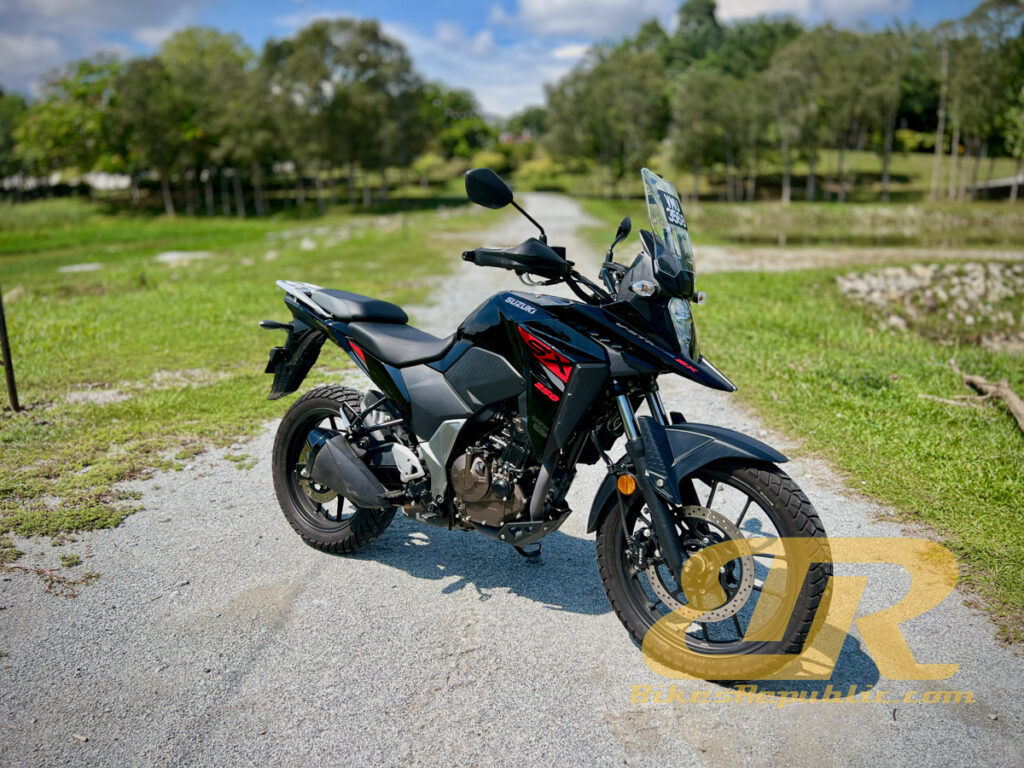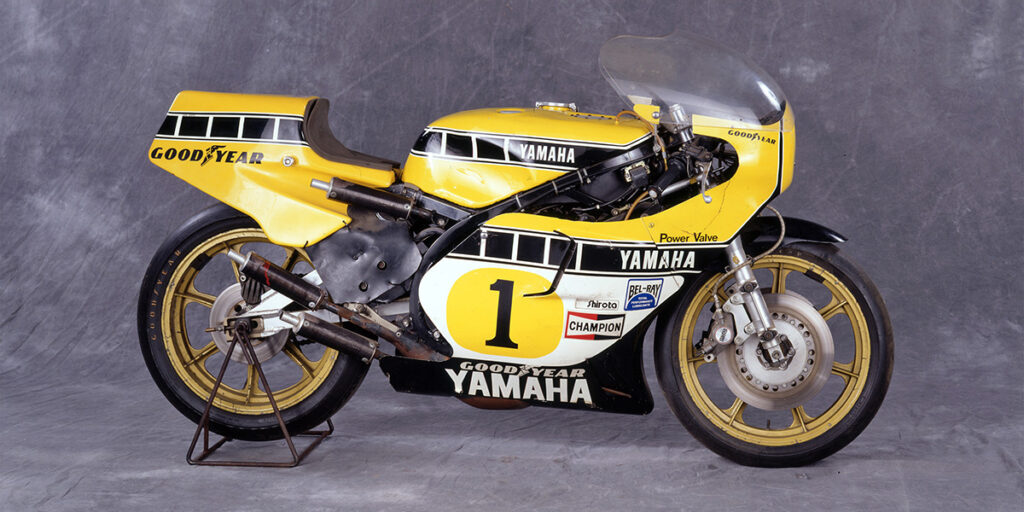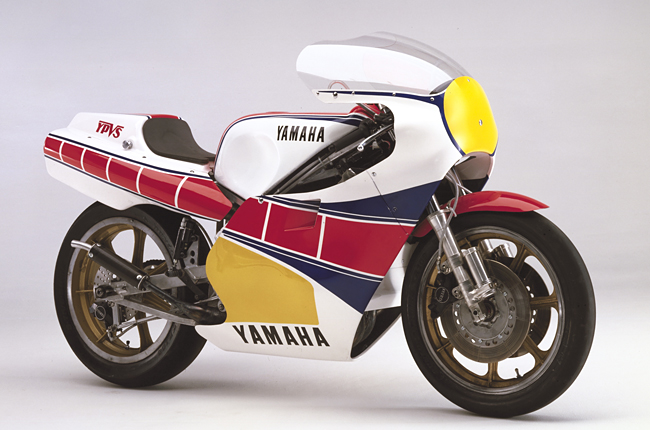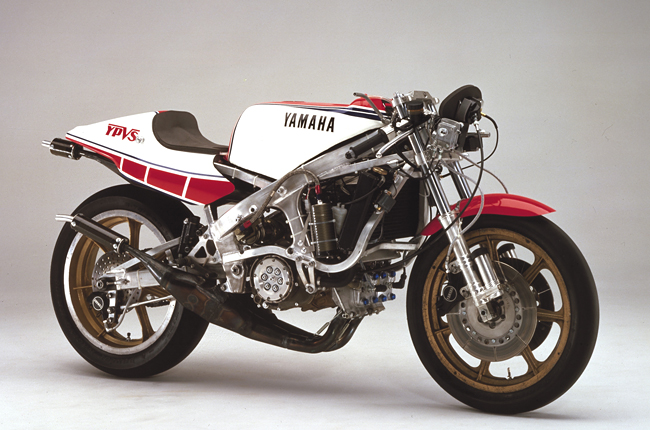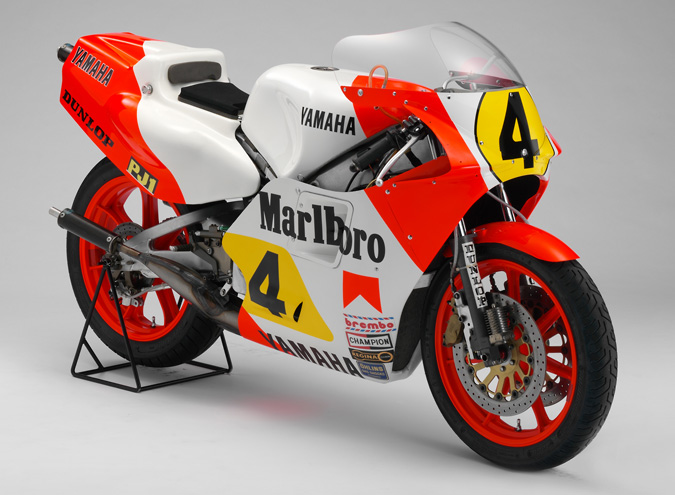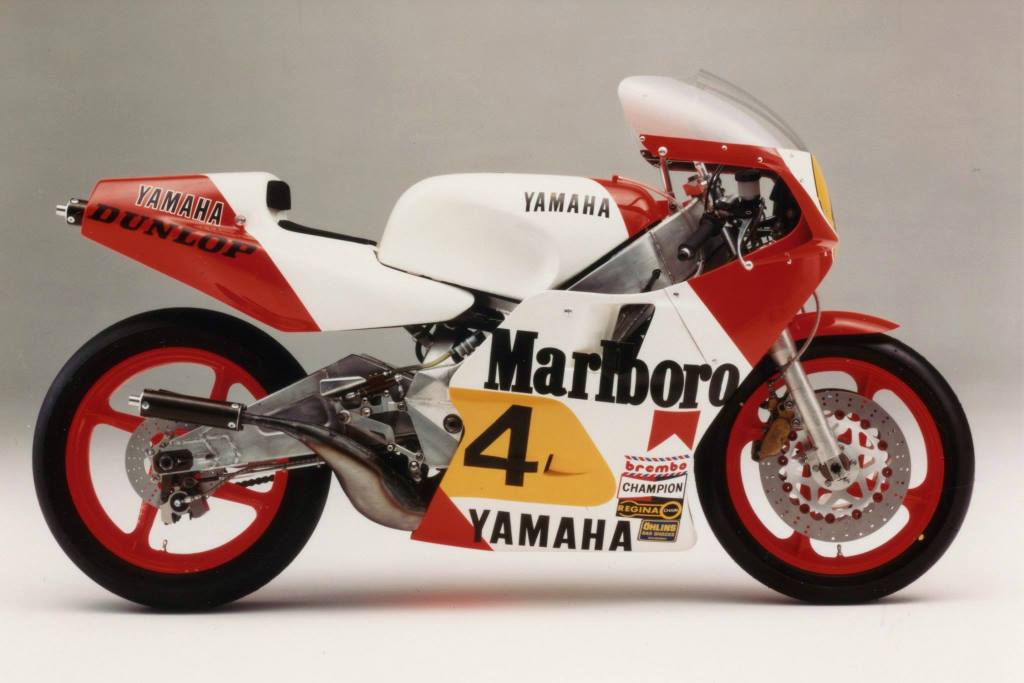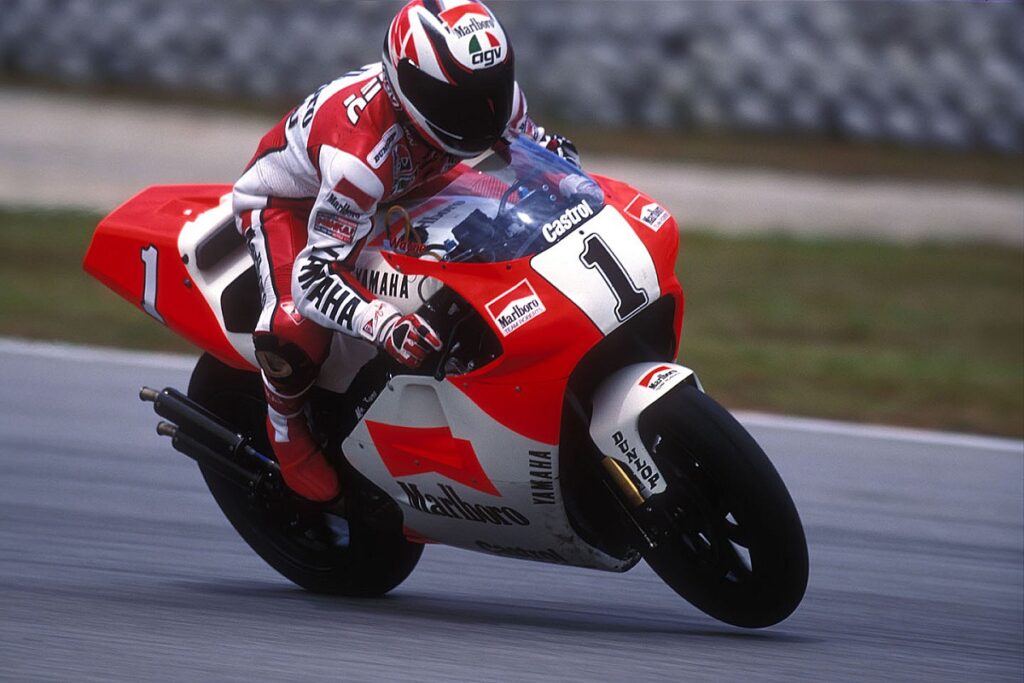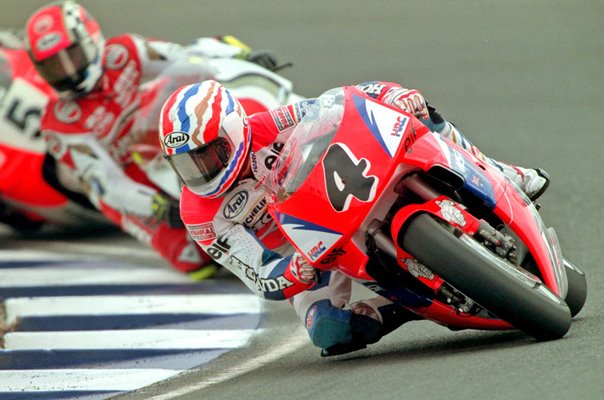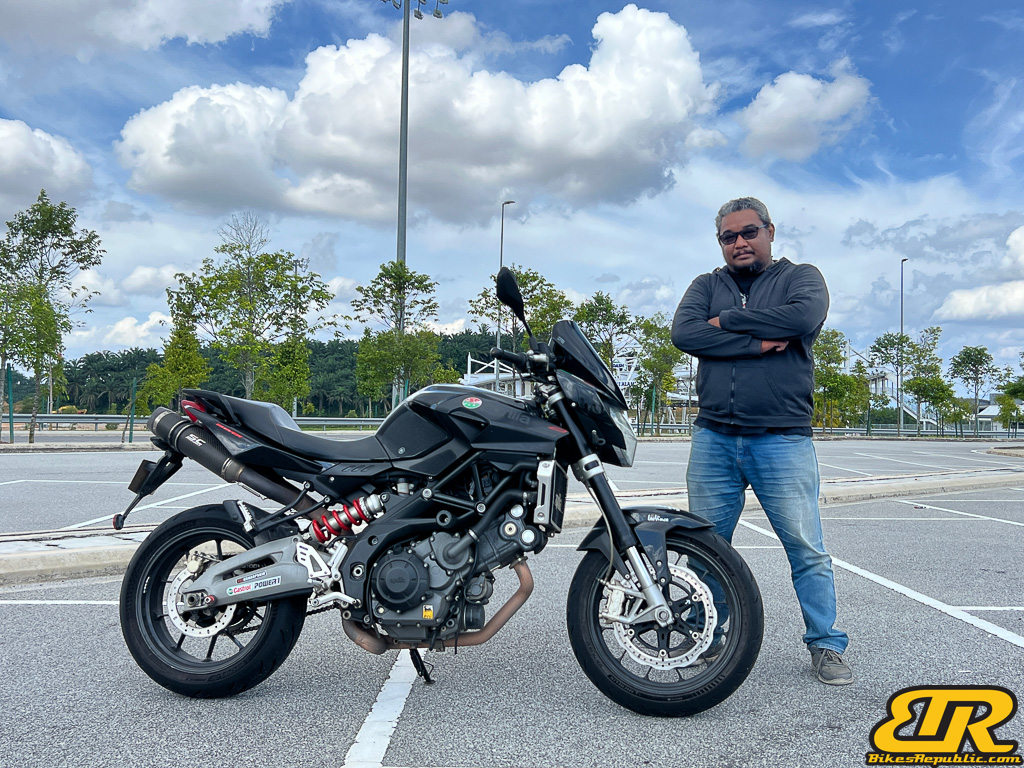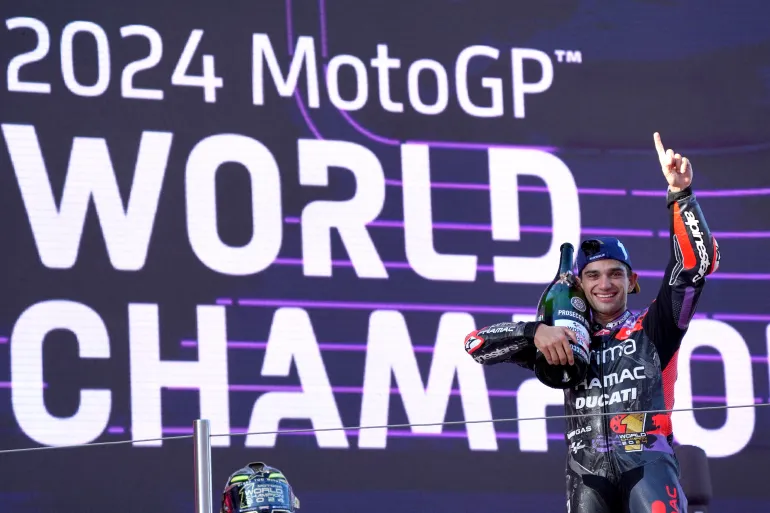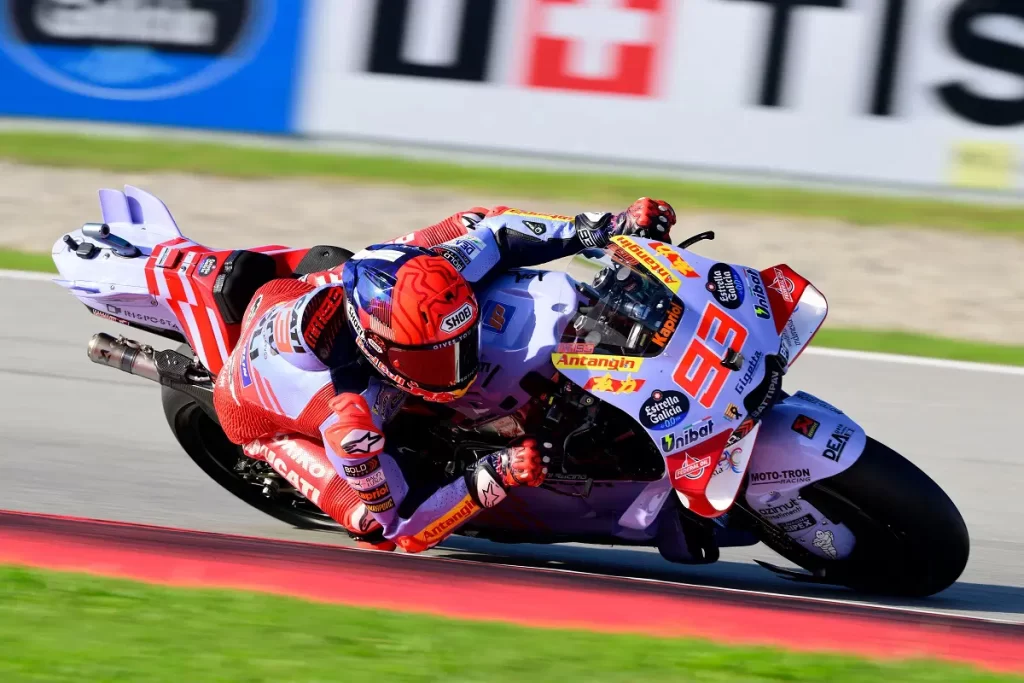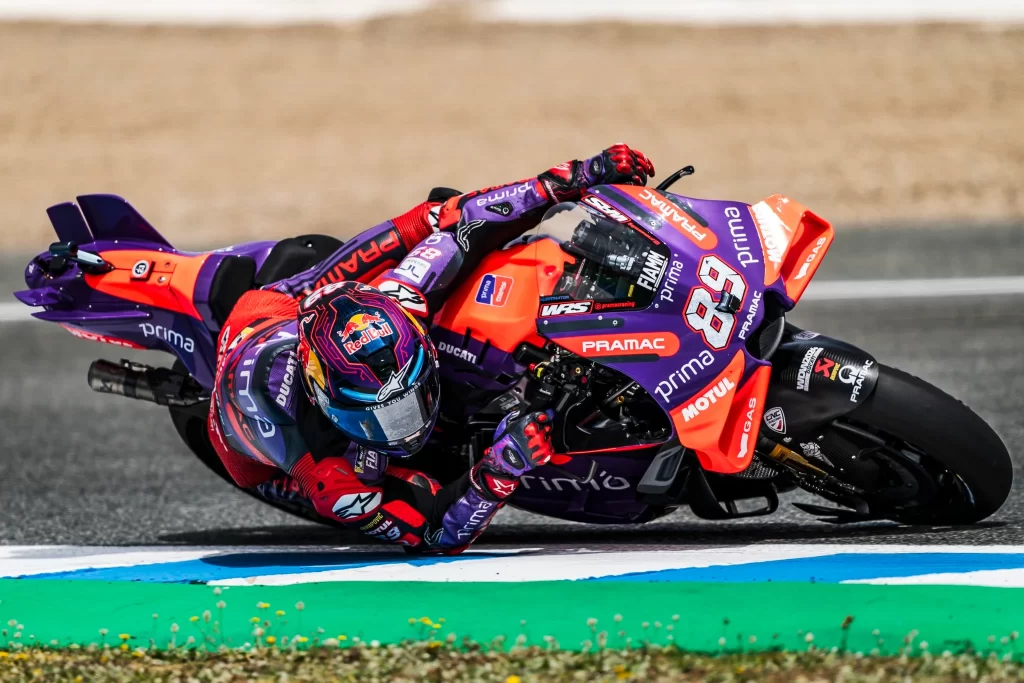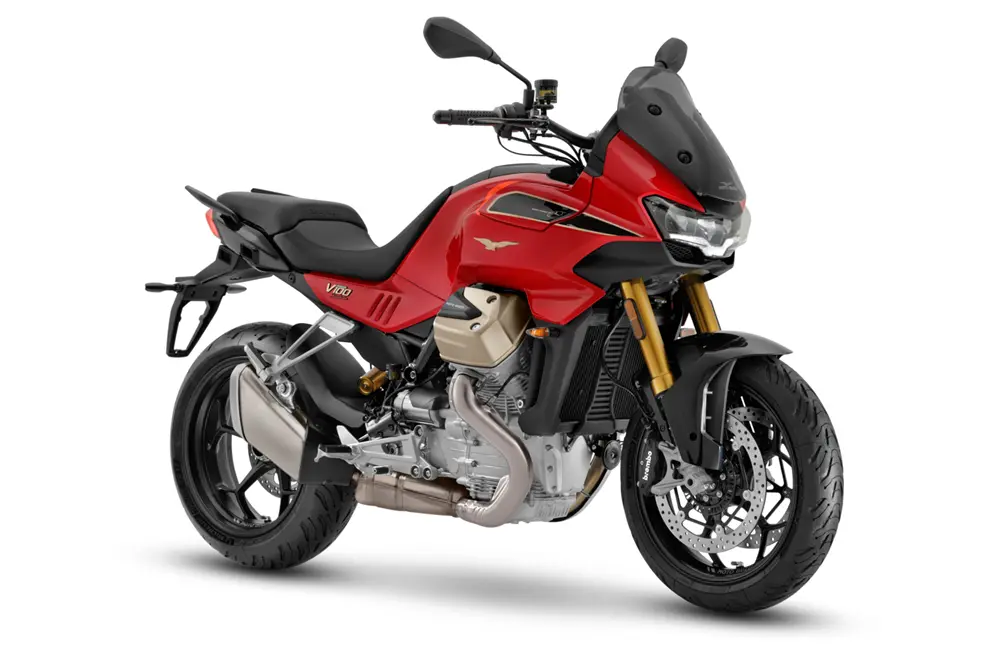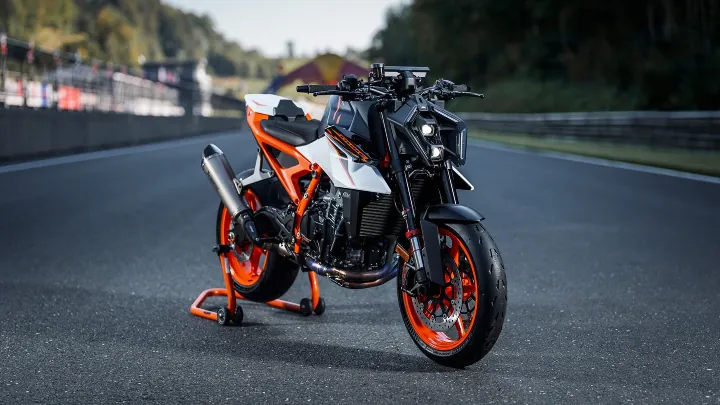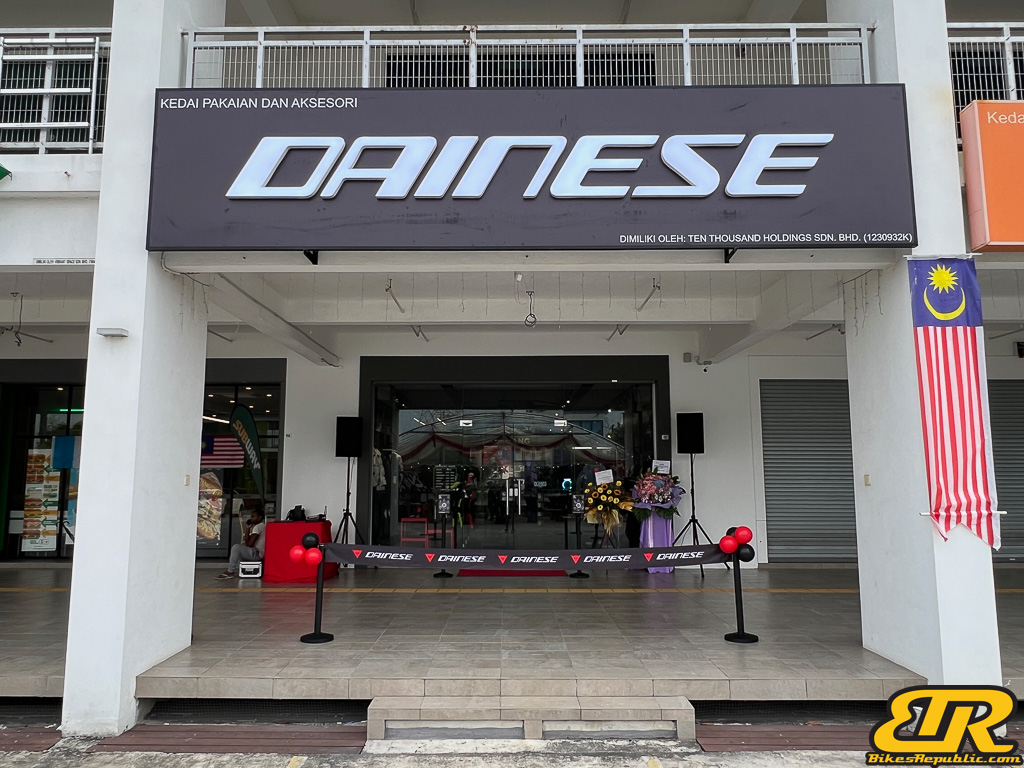The updated 2025 BMW F 900 R and 2025 BMW F 900 XR have been announced. Both feature lower weight, improved ergonomics, upgraded suspension, and revised aerodynamics. Most of the changes went to the XR sport-tourer variant.
With both variants based on the same F 900 platform, they share several features and components. The different being that the F 900 R is a ‘roadster’ in BMW’s terms a.k.a. naked bike, while the F 900 XR is a sport-tourer, hence the ‘X’ designation.

Highlights
- The 895cc, parallel-twin, with 270° cranks is now Euro 5+ compliant but remain unchanged, including its peak power output of 105hp at 8,500 RPM and 93.0Nm of peak torque at 6,500 RPM.
- Engine power is channelled through an anti-hopping slipper clutch, but now with the aid of the MSR Engine Drag Torque Control electronic aid to reduce engine braking at while downshifting at higher RPMs.

- Both variants receive upgraded 43mm upside down, fully-adjustable forks. However, the R variant has 135mm, and the XR has 170mm of fork travel.
- The monoshock at the back of each variant is adjustable for preload and rebound damping only. Owners can opt for the Dynamic ESA suspension.

- The wheels are cast aluminium and borrowed from the S 1000 R, reducing 1.8kg on both ends. Lighter wheels means lesser unsprung weight allowing for quicker handling, faster acceleration and deceleration.
- Speaking of weight reduction, a new, 800g lighter battery. All in all, there is a 3kg weight reduction for both the 2025 BMW F 900 R and 2025 BMW F 900 XR.

- Other revisions include the lights, now featuring turn signals that also function as the brake lights.
- The headlight now features Headlight Pro functionality as standard, with additional LEDs that light up inside corners while cornering.
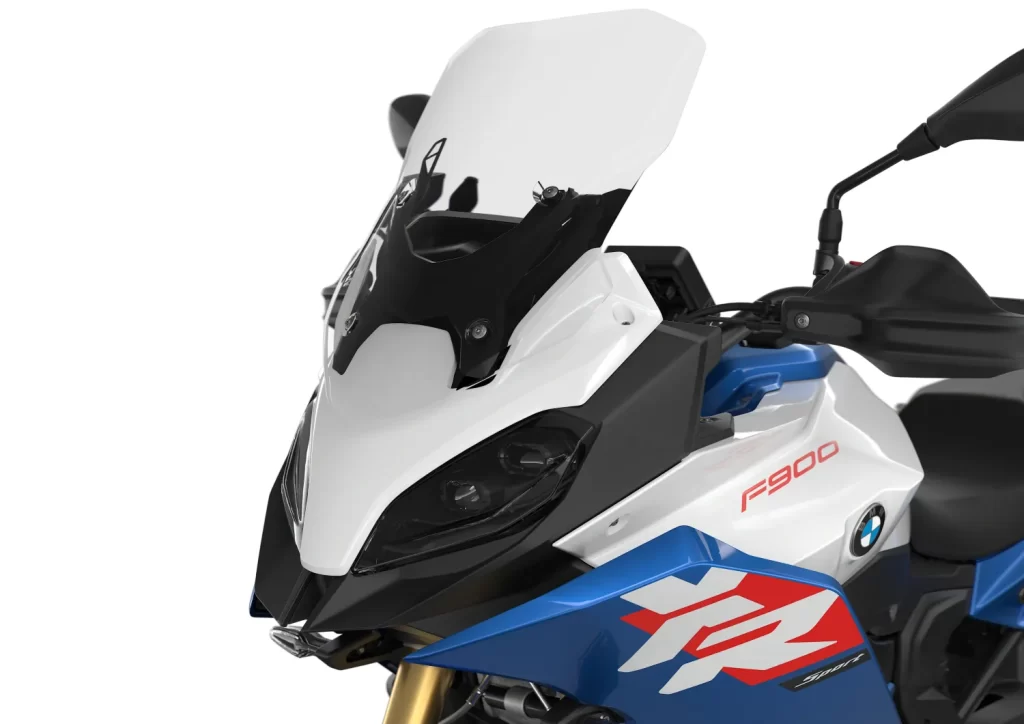
- Ergonomics on F 900 R have been revised to provide a sportier riding position. There is an optional sport seat to raise the ride height from 835mm to 860mm. There is also an optional 780mm low seat, which added to an optional low suspension results in a seat height of 760mm.
- A for the F 900 XR, the windscreen is reshaped and handguards are fitted as standard. There is an optional 30mm higher windscreen through the Premium Package.

- Electronic features include the two standard Road and Rain ride modes. The optional Ride Modes Pro adds Dynamic Mode as part of the Premium Package. Dynamic Traction Control and BMW Motorrad ABS Pro are included as standard, as is Dynamic Brake Control, which improves braking by suppressing any throttle input under deceleration.
Colour options and prices
Base price of the 2025 BMW F 900 R starts from USD8,995 (RM40,187.04), and comes in three colour options called Snapper Rocks Blue Metallic; Style Sport: Racing Blue/Light White (+USD695/RM3,105.06); Triple Black: Black Storm Metallic (+USD235/RM1,049.84).

Base price of the 2025 F 900 XR starts from USD12,370 (RM55,261.97) and is available in Racing Red; Style Sport: Racing Blue/Light White (+USD375/RM1,675.37); or Triple Black: Black Storm Metallic (+USD275/RM1,228.65).



